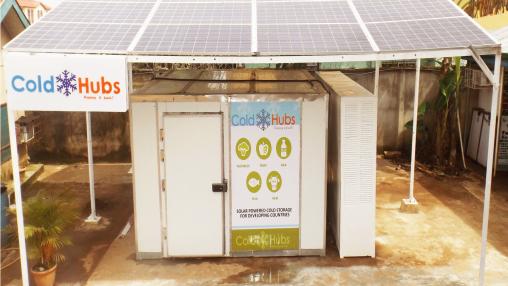
Solar-Powered Cold Storage Technologies and Agrifood System Modernization: Evidence from Nigeria
Food loss and food waste continue to pose a serious challenge for sustainable agricultural growth and food and nutrition security around the world. In many developing countries, lack of modern storage and transportation infrastructure plays a large role in food loss and waste, particularly for more nutritious and profitable but perishable foods like fruits and vegetables.
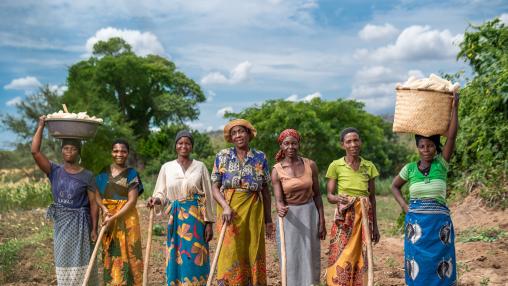
How Cooperatives Can Drive Agricultural Transformation in Malawi
Cooperative farming is often seen as potential pathway for smallholder producers to gain access to more lucrative market opportunities, thus improving their livelihoods and reducing poverty. Such is the case in Malawi, where agricultural cooperatives have been prioritized in the country’s 2063 development vision as a way to enhance the productivity and commercialization of the country’s many smallholder farmers. A recent policy note from the Malawi Strategy Support Program (MSSP) looks at the current state of the program and how policymakers can increase its chances of success.
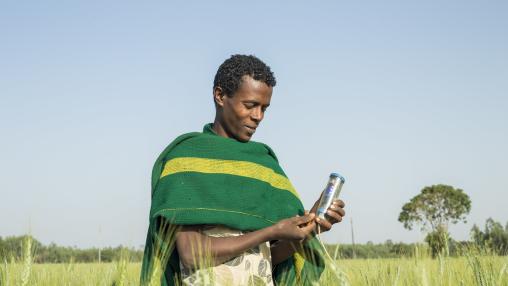
‘Miracle seeds,’ informational curses? The risk of high expectations for new agricultural technologies
Over the next few decades, farmers in sub-Saharan Africa will need to produce more food on less land and under increasingly difficult climatic conditions. The use of climate-smart agricultural practices and improved technologies such as higher-yielding and drought-tolerant crop varieties are thought to be at least part of the solution. Unfortunately, concerns are rising that the use of improved inputs and technologies across the region now seems to be stagnating—or at least advancing at a slower pace than required.
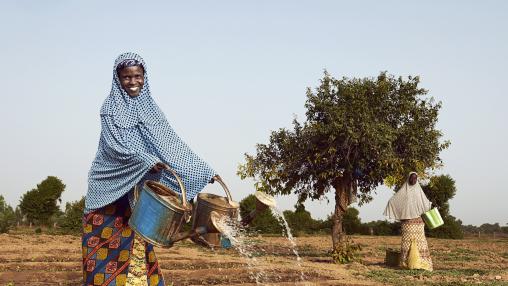
How to Increase Gender Equity in Agriculture: New Evidence from Malabo Montpelier Forum
The twelfth annual Malabo Montpelier Forum was held on June 8 and centered on a new report from the Malabo Montpelier Panel: Bridging the Gap: Policy Innovations to Put Women at the Center of Food System Transformation in Africa. According to the report, nearly two-thirds of African women play a role in the region’s agrifood system.
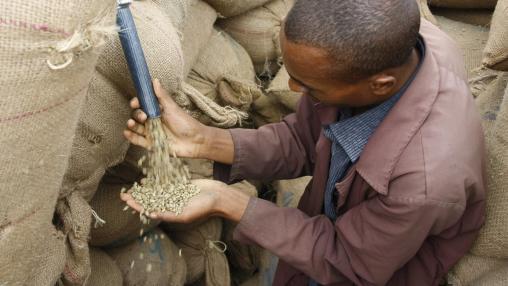
Adding Value to Ethiopia's Coffee Sector
Coffee plays a central role in Ethiopia’s economic structure. An estimated 15 million Ethiopians depend on the coffee sector for their livelihoods, and the country remains the largest producer and exporter of coffee in Africa. Despite the importance of the crop for income generation and economic growth, however, only a small proportion of Ethiopian coffee farmers engage in practices that can result in higher quality beans and garner higher prices on the international market.
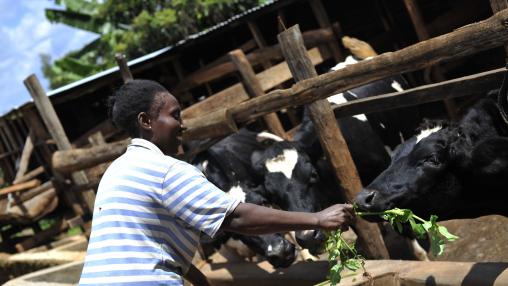
Policy seminar: Leveraging Kenya’s new Bottom-Up Economic Plan for food system transformation
Kenya’s new government has developed an ambitious Bottom-Up Economic Plan to tackle complex domestic and global challenges. “The Bottom-Up approach is about making sure that markets work, and more importantly, work for the poor,” Cabinet Secretary Prof. Njuguna Ndung’u explained during a recent policy seminar hosted by the Kenya Institute for Public Policy Research and Analysis (KIPPRA) and IFPRI Kenya as part of the CGIAR Research Initiative on National Policies and Strategies (NPS) seminar series.
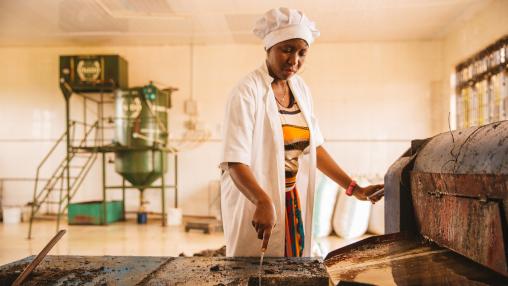
Agrifood Processing Presents Opportunities for African Farmers, But Challenges Remain
The recently released 2022 ReSAKSS Annual Trends and Outlook Report (ATOR) takes an in-depth look at Africa’s agrifood processing sector, including its current status, its challenges, and its opportunities.
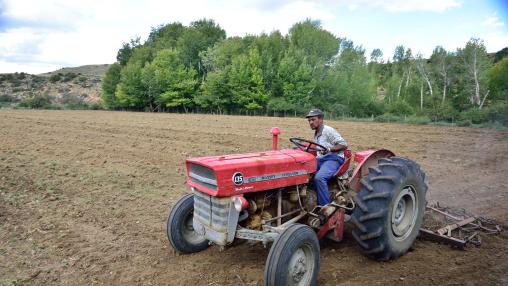
Substantial Investment, Increased Coordination Needed to Achieve SDGs: 2022 Africa Agricultural Status Report Released
Food systems around the world have experienced numerous shocks in the past two years, and African food systems are no exception. The impacts of the COVID-19 pandemic, global and local supply chain disruptions, climate change, and the Russia-Ukraine conflict have placed enormous pressure on food and nutrition security in the region, threatening the likelihood that Africa will achieve the Sustainable Development Goals (SDGs) by 2030.
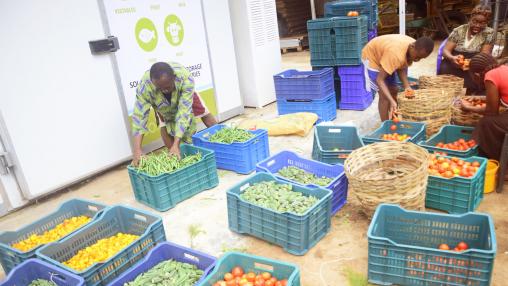
Supporting the Hidden Middle: How Enabling Midstream SMEs Can Strengthen Agri-Food Value Chains
Small and medium enterprises (SMEs) in the midstream of agrifood value chains—wholesalers, logistics, and processors—play a critical role to food security and value chain transformation. These enterprises help keep food supplies affordable and stable, provide employment and income for millions of rural and urban workers, and improve food quality and safety for consumers. However, in South Asia, Africa south of the Sahara (SSA), and other developing regions, SMEs often don’t play a role in the food system transformation conversation.
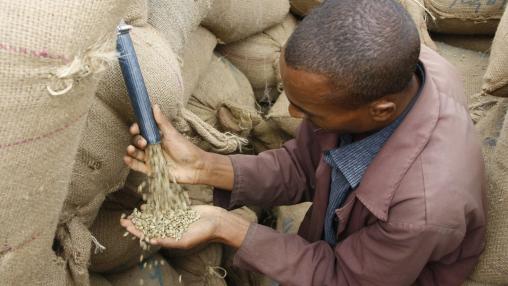
Recipes for Success: A Policy Guide to African Food Systems Transformation
Africa’s trajectory to emergence and self-sufficiency has seen significant progress in achieving global and continental milestones such as the Sustainable Development Goals (SDGs) and the Malabo Declaration. However, food security and improved nutrition remain a challenge, and current trends suggest that the continent is not on track to achieve Zero Hunger (SDG 2) by 2030. Evidence suggests that one in five people faced hunger in Africa in 2020 – more than double the proportion of any other region.